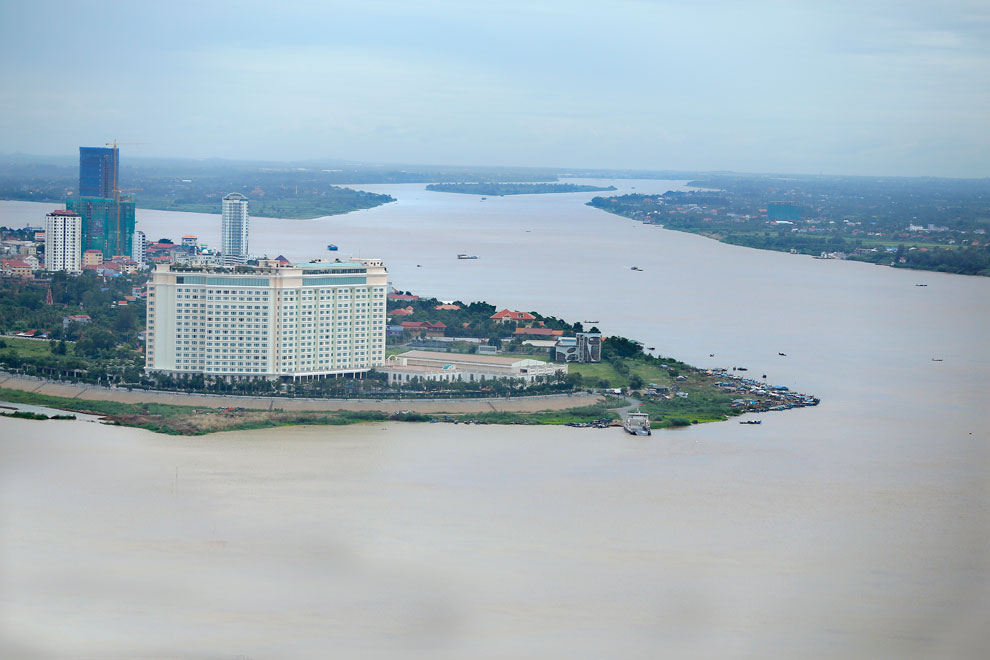
A $15 million project to enhance cross-border groundwater management and strengthen water security in the Lower Mekong Basin is being developed by Cambodia and Vietnam, with a focus on improved governance and sustainable utilisation of the Cambodia-Mekong river delta transboundary aquifer. Heng Chivoan
A $15 million project to enhance cross-border groundwater management and strengthen water security in the Lower Mekong Basin is being developed by Cambodia and Vietnam, with a focus on improved governance and sustainable utilisation of the Cambodia-Mekong river delta transboundary aquifer.
“The project will benefit both countries [by strengthening] water security in the Lower Mekong Basin [which is] home to approximately 35 million people, important habitats and ecosystem, as well as a source of national economic activities and development,” said Antonio Schiavone, UN Food and Agriculture Organisation (FAO) representative in Cambodia.
“In the face of climate variability, changes and increasing pressures on water resources, the project will pilot solutions for improved groundwater management and use, and increase capacities on groundwater governance,” he added.
The project, under FAO’s Project Identification Form series, is funded by Global Environmental Facility and is expected to take off in mid-2022.
Chuop Paris, director-general of the Ministry of Environment’s General Directorate of Environmental Knowledge, said the project will boost environmental sustainability and water security in the basin, “focussing for the first time” on refining governance and sustainable use of groundwater in the Mekong lowland and the delta.
Initial works for the project have started with input gathering during a virtual consultation coordinated by the ministry and FAO, and attended by researchers, development partners and experts from relevant ministries on May 25.
According to Paris, the meeting helped to ensure project documents were complete and in line with national policies and development strategies of Cambodia.
Meanwhile, Schiavone said the success of the project hinges upon five points including reaching a consensus between Cambodia and Vietnam on key transboundary and national concerns affecting the aquifer.
“This will done through fact-finding and opening pathways to concerted remedial action,” he said.
In addition, both countries must implement legal, institutional and policy reforms and investments for the protection and equitable utilisation of the shared aquifer and ecosystems.
The capacity of decision makers and other stakeholders on groundwater governance would be increased via inclusive capacity building programmes that are gender-balanced and aimed at sharing knowledge and experience.









